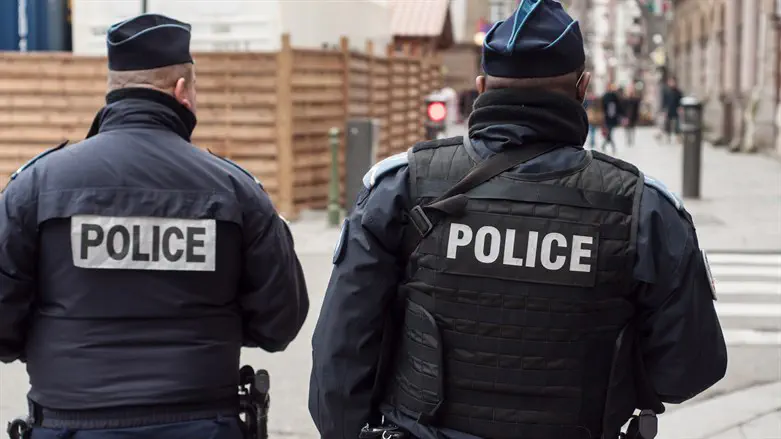
5,000 vehicles burned, 1,000 buildings on fire, 3,164 arrests, 250 police stations attacked, 10,000 waste fires, 700 members of the police force injured, 234 schools affected, many of which will not reopen in September, 99 mayors attacked.
Two of France's police unions - which account for 90 per cent of law enforcement - have issued a dramatic warning to the political class. They say they can "no longer bear the diktat of these violent minorities". They ask to "fight" this "parasite". And that "we are at war”.
Not even the small towns, far from large population centers and banlieues, have been spared. And it is there that we understand more what is happening.
A fire in Pithiviers, a town of Loiret of Gallic origin, which has 12,000 inhabitants. As in Côte-d'Or, in Beaune, 22,000 inhabitants. “Bakery and petrol station attacked, vehicles burned, fireworks fired at police station,” headlines Le Bien Public. Belley, in Ain, 9,000 inhabitants, seat of a very ancient bishopric.
-Numerous attacks, reports Le Progrès. Burnt cars, broken windows, the terrace of a bar completely destroyed by "twenty young people".
-Annonay, 16,000 inhabitants, famous for the balloon that rose into the sky one fine day in 1783. 240 years later, trucks burnt there and two cars thrown at the gendarmes and firefighters.
-In Pau, King Henry's city nestled at the foot of the Pyrenees: a police office, a middle school and a media library set on fire.
-In Moissac, population 13,000, with its famous 11th century cloister, four police cars on fire.
-Not even Amboise, 3,000 inhabitants nestled on the banks of the Loire and dominated by its castle, was spared: the town hall was burned.
-Like Montargis, 15,000 inhabitants, known as the "little Venice" for its bridges and waterways. Here is the story of what it went through: “The pharmacy, the confectioner, the optician and the tailor were in ashes. 300 rioters looted and set fire to the neighborhood. Unable to master the rabid, hooded crowd, the 35 policemen let them rampage until their departure at 3 in the morning."
“France is going through a perpetual crisis,” Algerian Boualem Sansal explains to Atlantico. “It has entered the thunderstorm zone: the crises follow one another and resemble each other, in almost all zones. There are those who say that France is collapsing: this is the opinion of Michel Onfray, or Eric Zemmour for example. As former Interior Minister Gérard Collomb said, we are sliding towards confrontation. At the moment we are side by side, tomorrow we may come face to face and throw bombs and grenades at each other."
"When the damage is done, when it goes back this far, it's comparable to a cancer that has set in and metastasizes. It was necessary to react earlier, at the moment of the first signs. At the time, to stick with the medical metaphor, the treatment could have been relatively simple to administer. There is a desire to break with France and its culture. All this generates hatred, which then leads to violence. There will be no going back to what France was like in the 1960s. It's over, water has flowed under the bridge and France itself has changed a lot: it has given up entire sectors of its sovereignty in favor of the EU, a bureaucratic and apolitical organization.
"Everything is falling apart everywhere. Yet, on the side of Islamism (in the generic sense of the term), you will find people who know where they are going, organized and motivated: they are conquering hearts and territories, but also economic spaces, industries, religion… It is a true global octopus, which is advancing strategically”.
“France is doomed at worst to civil war, at best to partition,” Pierre Brochand, the former director of France's external intelligence service (DGSE), told a Senate hearing.
Two states for two peoples could be the solution with a divided capital in Paris.
Giulio Meotti is an Italian journalist with Il Foglio and writes a twice-weekly column for Arutz Sheva. He is the author, in English, of the book "A New Shoah", that researched the personal stories of Israel's terror victims, published by Encounter and of "J'Accuse: the Vatican Against Israel" published by Mantua Books, in addition to books in Italian. His writing has appeared in publications, such as the Wall Street Journal, Gatestone, Frontpage and Commentary.
